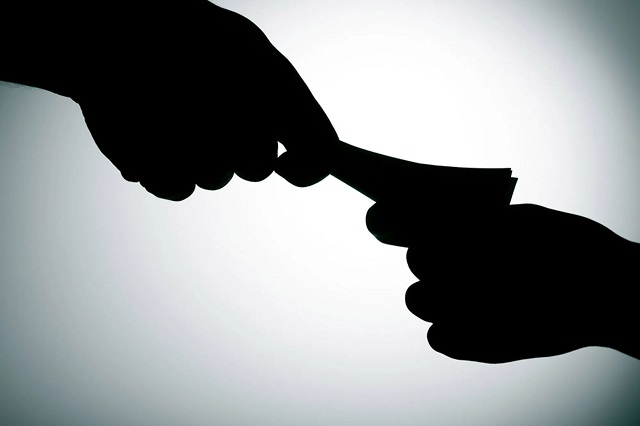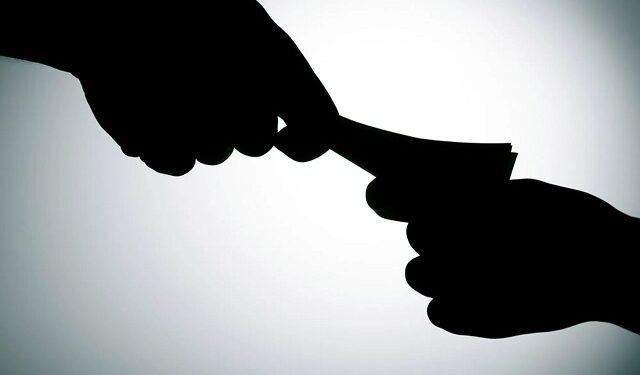
Nigerians paid an estimated 721 billion naira (about $1.26 billion at the average exchange rate during the survey period) in cash bribes last year. This amount represents 0.35% of the country’s GDP.
It is estimated that some 87 million bribes were during the period in review (compared with 117 million estimated in 2019) – the equivalent of an average of 0.8 bribes per adult.
What the report says:
“In 2023, 5.1 bribes were paid on average by each bribe-payer in Nigeria in the 12 months before the survey. This represents a modest and statistically insignificant decrease in the frequency of bribe-paying from 2019 when on average 5.4 bribes were paid by each bribe-payer,”
“The frequency of bribery is, on average, higher in rural areas than in urban areas. In 2023, bribe-payers living in urban areas paid an average of 4.5 bribes, while those living in rural areas paid an average of 5.8 bribes,” the statistics agency said in the report, published on its website Thursday.
Corruption ranked 4th among the most important problems affecting the country in 2023, after the cost of living, insecurity and unemployment.
Bribery was most prevalent among prosecutors, land registry officers, and customs and immigration officers, although judges and magistrates received the largest kickbacks, the report stated.
More than 95 per cent of all bribes paid in 2023 were paid in monetary form (cash or money transfer), a slightly larger share than in 2019. Over N700 billion in cash bribes were paid by citizens to public officials in 2023.
In 2023, 70 per cent of Nigerians who were asked to pay a bribe refused to do so on at least one occasion. The highest bribery refusal rate was observed in the North-West at 76 per cent, while all regions reported refusal rates above 60 per cent.
According to the report, the cost-of-living crisis, triggered by currency reforms and the partial removal of a fuel subsidy, has emboldened 23% of Nigerians to refuse to pay bribes when demanded.
A sizeable share of all bribe refusers (21 per cent) indicated that their main reason for refusing a bribe request was because they had other options for getting what they wanted.
The 2023 corruption survey emphasizes the need for the government to prioritize its corruption prevention and enforcement efforts on institutions and public officials who play the most significant roles in the daily lives of ordinary citizens.









